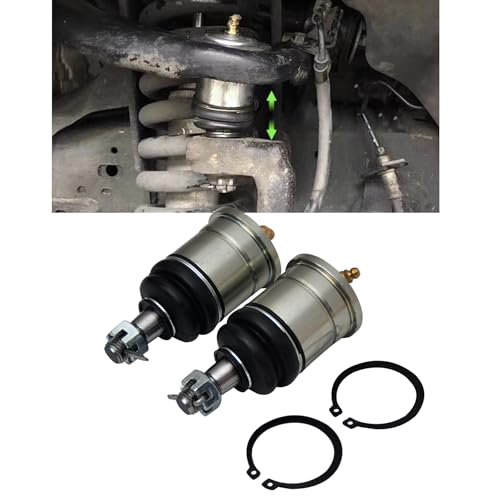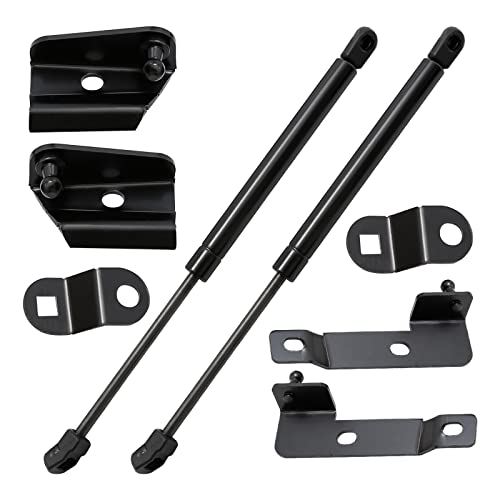I saw this thing in the 4WD mag. So got curious about it, as my nearly year old Nav is exposing it's ugly rust spots here and there. Only minute, nothing to worry about... yet. I'd hate to see the state of things under the tubliner. Might rip it out once and have a look.
Anyways, these electronic rust proofing gadgets, anybody here had experiences? Good? Bad? In particular the Couplertec ones? In scientific theory it works. But i'm, not sold yet. Thoughts?
Anyways, these electronic rust proofing gadgets, anybody here had experiences? Good? Bad? In particular the Couplertec ones? In scientific theory it works. But i'm, not sold yet. Thoughts?
























